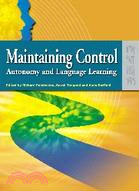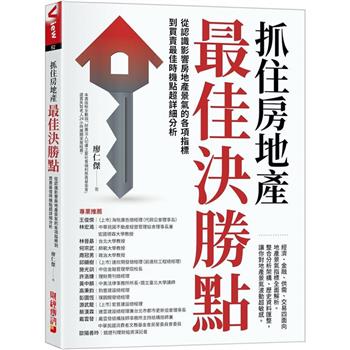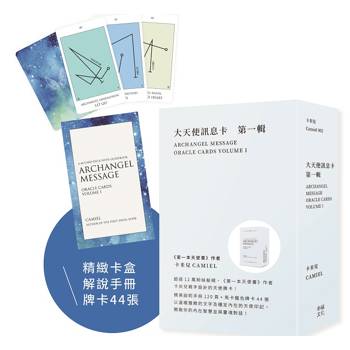Whereas in previous decades autonomous, self-directed or ‘independent’ learning may have been assumed to be an alternative to classroom learning, the emphasis has now shifted to the point where learner autonomy, viewed as capacity to take charge of one’s own learning, is increasingly being promoted as a goal for general language education. Autonomy, as Phil Benson points out in his chapter, has “become part of the current orthodoxy of language teaching and learning research and practice: an idea that researchers and teachers ignore at their peril”. This volume brings together a diverse body of work by leading theorists of autonomy in language education, as well as locally situated accounts by autonomy practitioners working with secondary-level, university or adult migrant learners, or engaged in teacher education and curriculum development. Localising autonomy in such settings, different views of autonomy emerge as social practice, much less an abstract set of discrete skills, attitudes or behaviours to be developed, and much more a historically and socially situated process that evolves through relations among persons-in-action in specific contexts of practice. Different authors explore learners’ and teachers’ voices to raise thought-provoking questions about roles, resources and practices important to any pedagogy for autonomy. Suitable for use with teachers in pre-service and in-service training, this landmark volume will also strongly appeal to teachers working in different education sectors, as well as teacher educators and researchers.
Richard Pemberton teaches MA TESOL and PhD students in the School of Education at the University of Nottingham (UK). Before that he coordinated the Self-Access Centre team for thirteen years at Hong Kong University of Science and Technology, and was co-editor of Taking Control: Autonomy in Language Learning. Sarah Toogood advises, writes materials to support self-access learners and teaches in the Language Centre at Hong Kong University of Science and Technology. She has been actively researching and promoting Self-Access Language Learning since 1995 when she joined the SAC team, playing a key role in the Hong Kong Association for Self-Access Learning and Development (HASALD) and convening the 2004 conference, ‘Autonomy and Language Learning: Maintaining Control’. Andy Barfield teaches in the Faculty of Law at Chuo University, Tokyo, Japan. He has been actively involved in the field of learner development for over fifteen years. His research interests include learner autonomy in second language education and learners’ L2 collocation development

 共
共 








